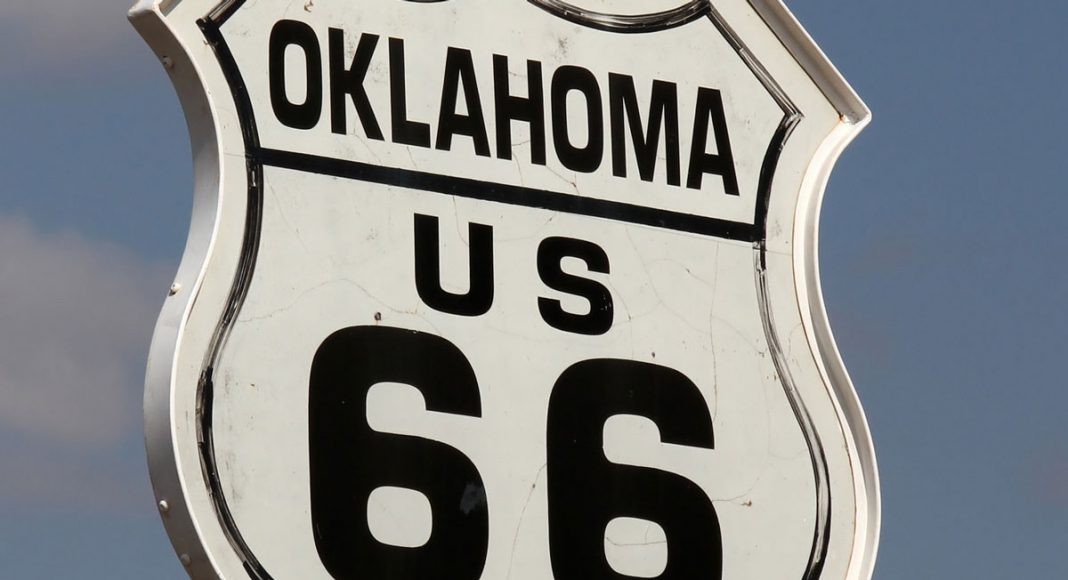Even though Oklahoma Attorney General Mike Hunter didn’t support State Question 788 (legalize the use of medical marijuana), he does support the law when the people have spoken. The AG told the State Board of Health that they should not amend the law to include more stringent rules, including an imposed ban on any form of dried cannabis flower being sold in a dispensary.
“The current rules contain provisions that are inconsistent with the plain language of State Question 788 and the State Board of Health acted outside of its authority when it voted to implement them,” Hunter stated in no uncertain terms.
In response to the lengthy scrutiny of their changes, the Board of Health said, “The legal analysis by the Attorney General provides clarity on several rules and the legal authority we have to construct a regulatory framework for a state-wide medical marijuana program.” The Board is to hold a special meeting to “consider these changes as soon as possible.”
Hunter set a good example in his release and letter, coming out in support of the people he serves rather than an agenda. However, his recommendations are simply that, they do not have the weight of law behind them per se. Still, it would be beyond ballsy for the Board of Health to ignore said recommendations.
“The board has not been given any express or implied statutory authority to impose additional requirements on licensees,” Hunter wrote in a letter while responding to the idea that a pharmacist must be present at each dispensary. “Thus, the board rules improperly require every licensed dispensary to have ‘a current licensed pharmacist’ present ‘on-site at least 40 hours per week.’ Nothing in the text of State Question 788 expressly or impliedly authorizes this rule.”
The law of the land seems to have a true champion in Hunter, and cannabis activists across the state are probably enjoying a little relief that the newly imposed rules were met without support.
In his letter to the Board, Hunter also took issue with other rules being imposed, such as restricting dispensaries to limited locations, setting hours of operation and limiting the amount of THC in the “flower, leaf or concentrate.”
“Nowhere does the text of SQ 788 expressly or impliedly authorize these regulations,” wrote Hunter.


